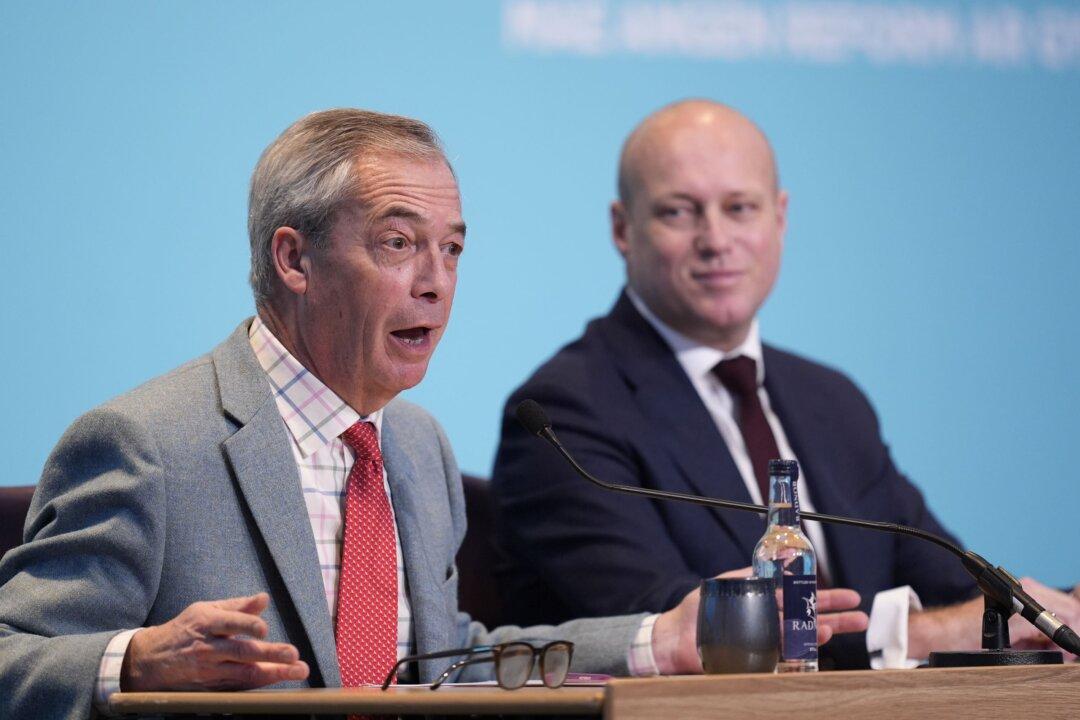It is not possible to “completely nullify” the pressures on energy prices, a Cabinet minister has said, as demonstrators gather across the country over the cost-of-living crisis.
But Northern Ireland Secretary Brandon Lewis said the Government is “looking… across the board at what we’re doing with the public’s money”, and will “put in the support that we can, as and when we can” to ease the sting of rising prices.




